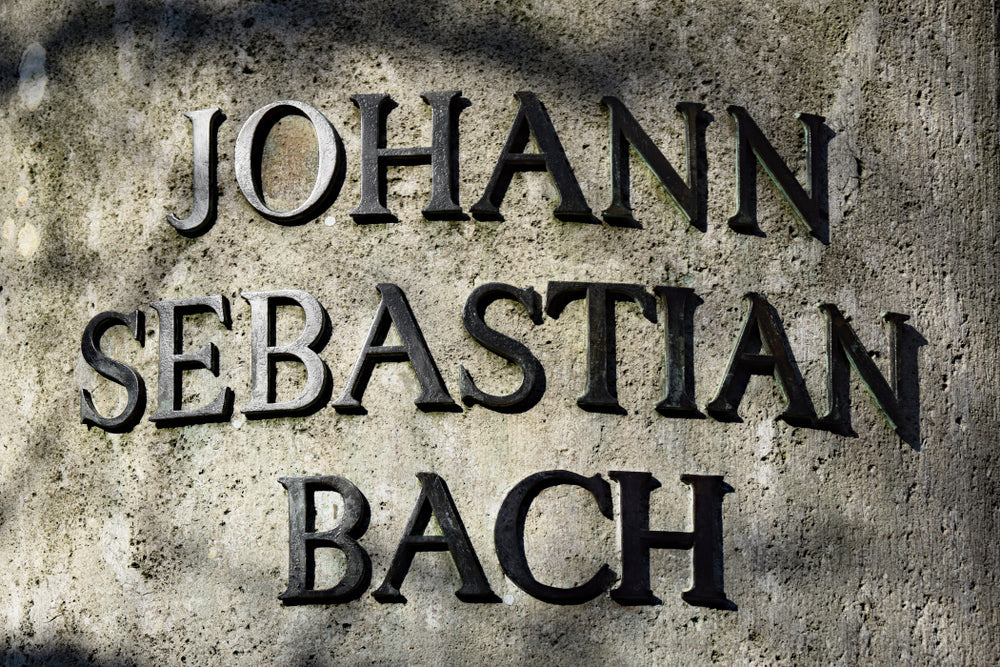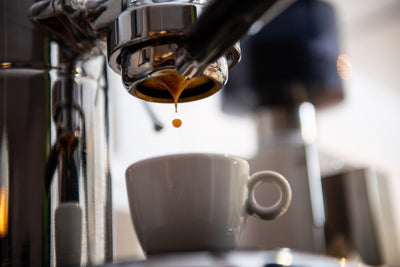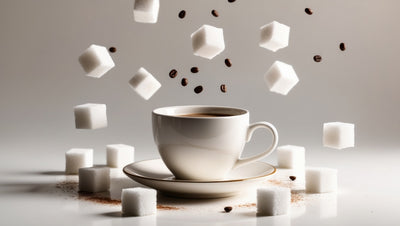
Bach’s Coffee Cantata
Did you know that Bach composed an entire work about coffee drinking?
Widely regarded as one of the greatest composers in the history of Western music, Johann Sebastian Bach (1685 – 1750) was notable for his prolific output.
Bach composed diverse music during the late Baroque period including concertos, works for solo instruments, keyboard pieces and choral compositions.
In 1723, Bach was appointed Thomaskantor director of church music in the German city of Leipzig. His position involved providing music for four churches and the St Thomas School. Bach was also the leader of the Collegium Musicum, a performance ensemble in Leipzig. He performed concerts with this ensemble in Café Zimmerman, a popular coffee shop in the city.
Café Zimmerman and coffee drinking in general were to inspire Bach’s Schweigt stille, plaudert nicht cantata (BWV211) better known as the Coffee Cantata.
What is a cantata?
The term cantata is the past participle feminine singular of the Italian verb cantare which means "to sing". A cantata is a vocal composition with instrumental accompaniment that usually features several movements. It is essentially a short opera.
What is Bach’s Coffee Cantata?
Bach’s Coffee Cantata was a somewhat surprising choice of composition for him in that it was a secular piece. Bach generally composed music for the church.
The precise date that the Coffee Cantata was composed isn’t known but the work is believed to have been written between 1732 and 1735. It is a concise comic opera that relates the story of Schlendrian, a father who believes his daughter Lieshen’s coffee drinking habit is a bad one. He is completely bewildered by Lieshan’s obsession with coffee and so he tries to force her to stop imbibing in the beverage. He believes she should get married instead!
Lieshan is disobedient and manages to evade her father’s orders for some time. The pair eventually reconcile when Schlendrian agrees that a guarantee of three cups of coffee a day would be written into Lieshan’s marriage contract. What a brilliant idea!
Lampooning both the popularity of coffee in 18th century Leipzig and the belief that coffee drinking was a habit that should be broken, the cantata was socially relevant and incredibly current. It was written for the Collegium Musicum to perform and certainly with the local audience in mind.
An era of enlightenment
Believe it or not, society did exist before radio, television and social media. However, in the 16th century, most ordinary people couldn’t read or write. In any case, there were no newspapers or magazines to highlight the issues and trends of the day. European societies were largely controlled by the nobility and the church. Dissenters were punished or cast out and so artistic works usually did not feature satirical or critical observations on society. Things began to change during the 17th century.
The Enlightenment was an intellectual movement in Europe during the 17th and 18th centuries. Its proponents emphasised the importance of reason, nature, and humanity. The movement led to something of a revolution in the arts.
Prior to the Enlightenment era the works of artists and writers were rarely political, critical or ironic. But a transformation was underway during the lifetime of Bach. His contemporary, Alexander Pope (1688 – 1744), was an English poet and satirist whose work explored controversial subjects and themes including cultural decline.
Bach’s work was generally more traditional in nature and far from controversial but with the Coffee Cantata he delivered a composition that reflected the Enlightenment era. It was a piece very much of its time as coffee drinking was a new aspect of German society.
Early coffee culture in Germany
In Germany, the first coffee houses appeared in the 1670s and in the northern seaports including Hamburg. The popularity of coffee was spreading across the country and coffee drinking was favoured by the ruling classes. But coffee became so popular that sales of beer fell dramatically. Fredriech II of Hohenzollern, King of Prussia, viewed this as such a serious issue that he decided to ban coffee in 1777. This restriction remained in place until his death in 1786.
The temporary ban on coffee did not dimmish interest in the beverage. Once the ban was lifted, new coffee shops were opened across the region. Leipzig gained its first coffee shop in 1694 and the residents of the city were so keen on coffee that they became known as Kaffeesachsen, which means "Saxon coffee drinkers".
Initially, the beverage was known as “coffee” but then the French word “café” was progressively adopted. During the 18th century, the spelling was changed to kaffee and this is the spelling that is still used in Germany today.
Why not listen to the Coffee Cantata?
If you have yet to treat your ears to Bach’s Coffee Cantata, here’s a fine performance of the work:



Leave a comment